On the wind
1
I think of my grandmother’s house. Though emptiness is not often thought of as a comforting notion, it is precisely the emptiness of her home that offered transformation. Every room had its own character and space. Wandering through them as a child was to allow for silence to hold court. The only accompanying sounds were the soft ticking of the grandfather clock, and the creaking of the floors as one carefully stepped across the carpet in socks. Even the study, which was smaller than the other rooms, overcrowded with books and picture frames and small statues, was a haven to enter. I imagine disappearing behind the tall desk, sinking into the wrinkled armchair, and climbing into solitude of an adult kind.
I would be aimless for hours in my grandmother’s house. Finding story in wallpaper, cedar closet, or narrow staircase that led to stained window. My grandmother would call my name, my full name, or Christian name, as she called it. I knew this meant it was either time for lunch, or that my parents had arrived to take me home. As I made the journey to the other side of the house where people were, I would notice my own alone-ness; the fullness of it, perhaps because the aloneness was about to end. The wind from the lake rattled the house windows as I walked by them; green pine trees gently swayed in the wind’s grasp; waving hello with their branches. Old pine needles had fallen and were hidden in the window crevices—reddened with age—it felt as if only I could see this, and where it was kept.
2
I always keep the west window in my room ajar. There’s a screen that prevents the bugs from coming in, and the air tends to circulate better this way. The other day, a gust of wind knocked over a small glass vase of dried yellow flowers. The bouquet split itself in half. One half landed neatly on my notebook, impeccably arranged—as if somebody had placed it there by hand. The other half of the bouquet was in slight disarray, resting on the window sill in a spill. A spider who lives somewhere in the corners of the window came out to see what happened; it seemed just as startled as I was that the vase had fallen.
3
In December of last year, I wrote a poem about the breeze. It was really about embarking into uncharted territory with a person I was keen to get to know more. I was responding to a translation of a poem that F1 had posted that I thought was meant for me, but wasn’t. In the wake of our separation, uncomfortable truths such as this one have surfaced that I find both difficult to accept and to understand. Last week, I reworked the poem from its original iteration into something newer and more fitting of the present. The two poems, though one is the echo of the other, serve as documentations of before, and after. One is touched by the desire to know, the other altered by knowing more.
i do not bring the breeze, i have no such power but to be moved by it
when it brought me to you, i hesitated to open
for fear of rippling the still waters you keep
separate
and apart
ribs broke because we asked too much of them
the fears tangled in them—let them leave while the window in my chest is still open
+
can confusion be so unraveled?
unless you choose to let yourself be known
i cannot know you
for love, for peace—i asked you
and chose you,
like the poem—in it, I believed you were so alike—
translatable in endless ways, were you not?
and just as this poem can be re-written,
so too, are the words that leave your mouth
here is the unraveling—the birth of—
ripples into waves
crashing,
but
fresh, new, and delicate
+
there was no pretending that ribs would not break
with every beginning married to its end
but there was no map for fractures of this kind
may we be reminded that as with uncharted love,
fear also was not to be ignored—
Isolation became friend;
Aloneness: familiar
i met with Silence and Disguise
though i asked for Answer and Truth
I was with the Long Night, I slept with Distortion, our heads resting gently on pillows in the exhale of early morning
room, and
other room
Together—where I was not allowed to Stay
may i learn that one should never have to earn Breath
tender gazing, nor fondness
and that Love doesn’t lie to Keep you
+
for all the doubt, i did not doubt
i could not
for it was precisely because i drew you;
contradictions and gaps withstanding
that i learned of a different kind of love;
something, like that which is hidden, or, cannot be seen from one side
one word isn’t enough for us all
And so i must draw new ribs upon myself
Body so moved by the breeze that has come this way
brokenness was not to be left out—
It was always the wind,
it was always
the wind
so let us give her this name
and,
breathe her in
with ease
4
Yesterday the wind blew so hard that my laundry fell to the floor of the balcony—which is painted a bright, unnatural green. F told me that bedouins love the color green. It's not difficult to imagine why; what the color could mean to someone wandering a world of sand.
5



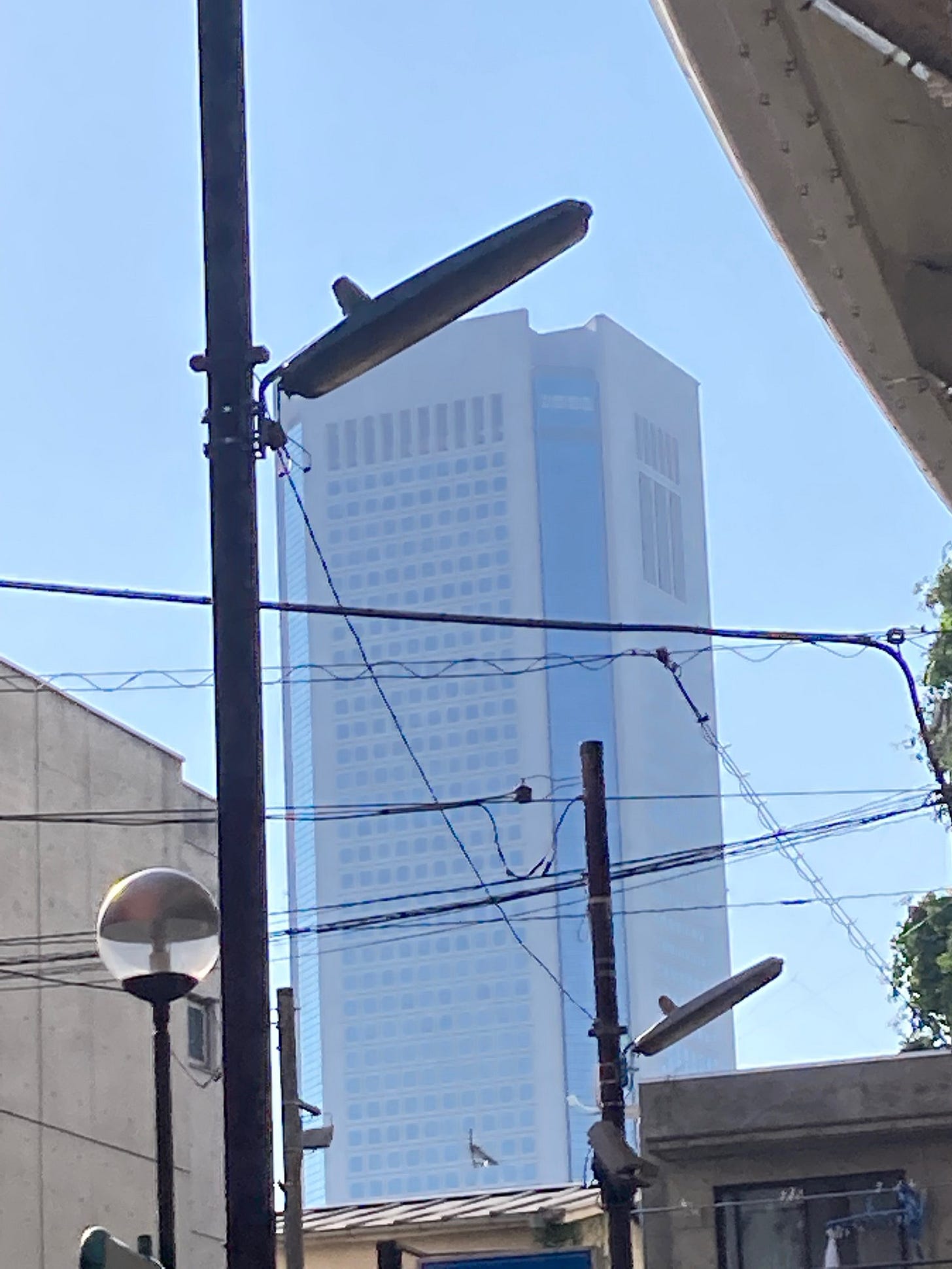
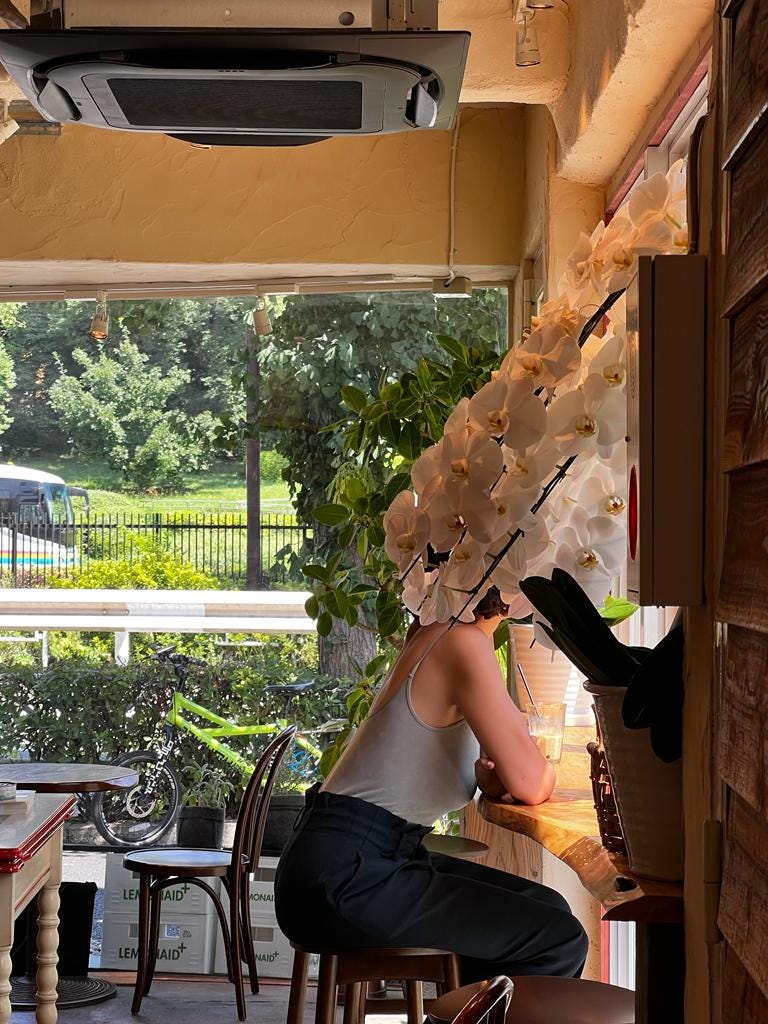

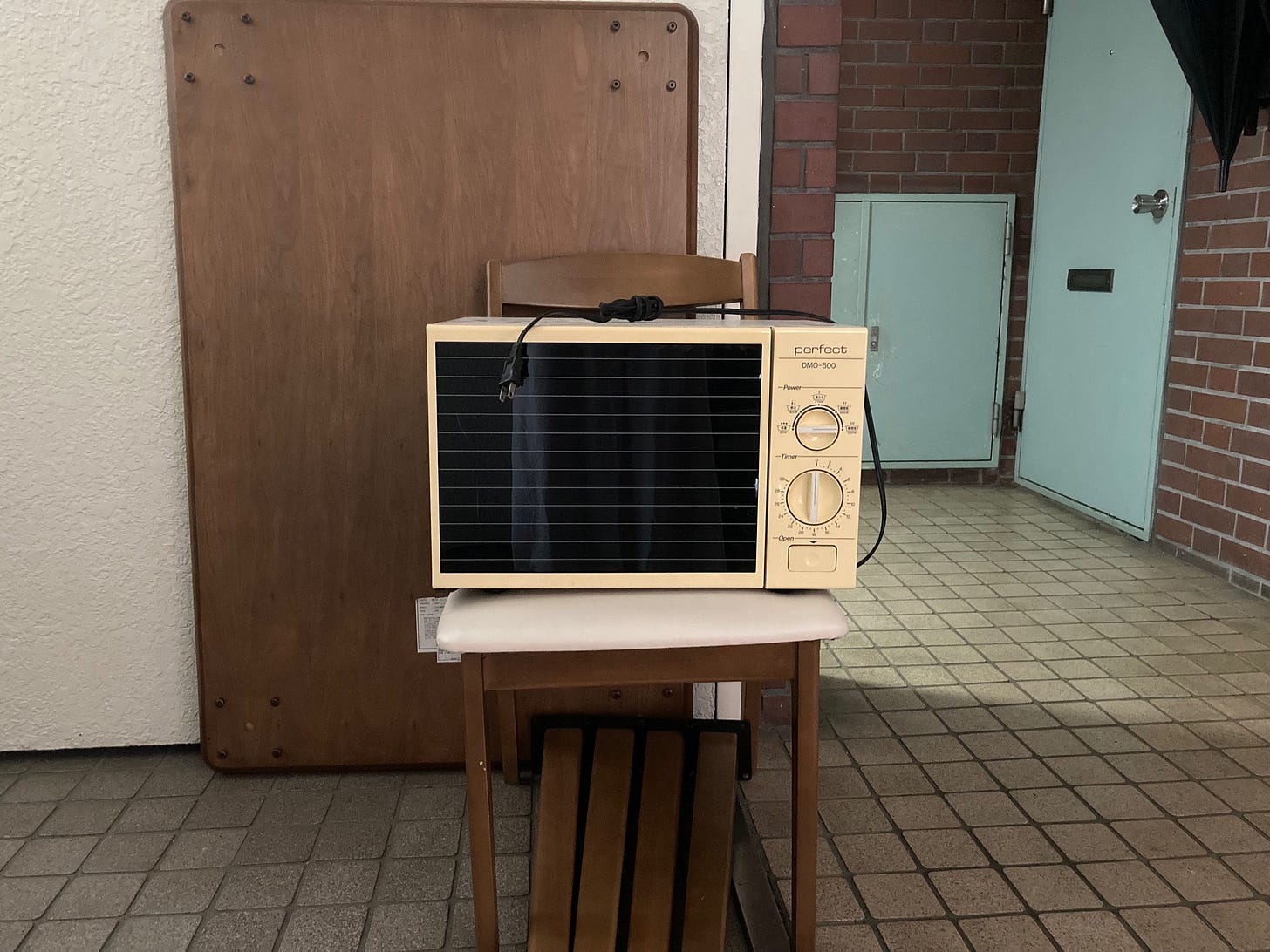

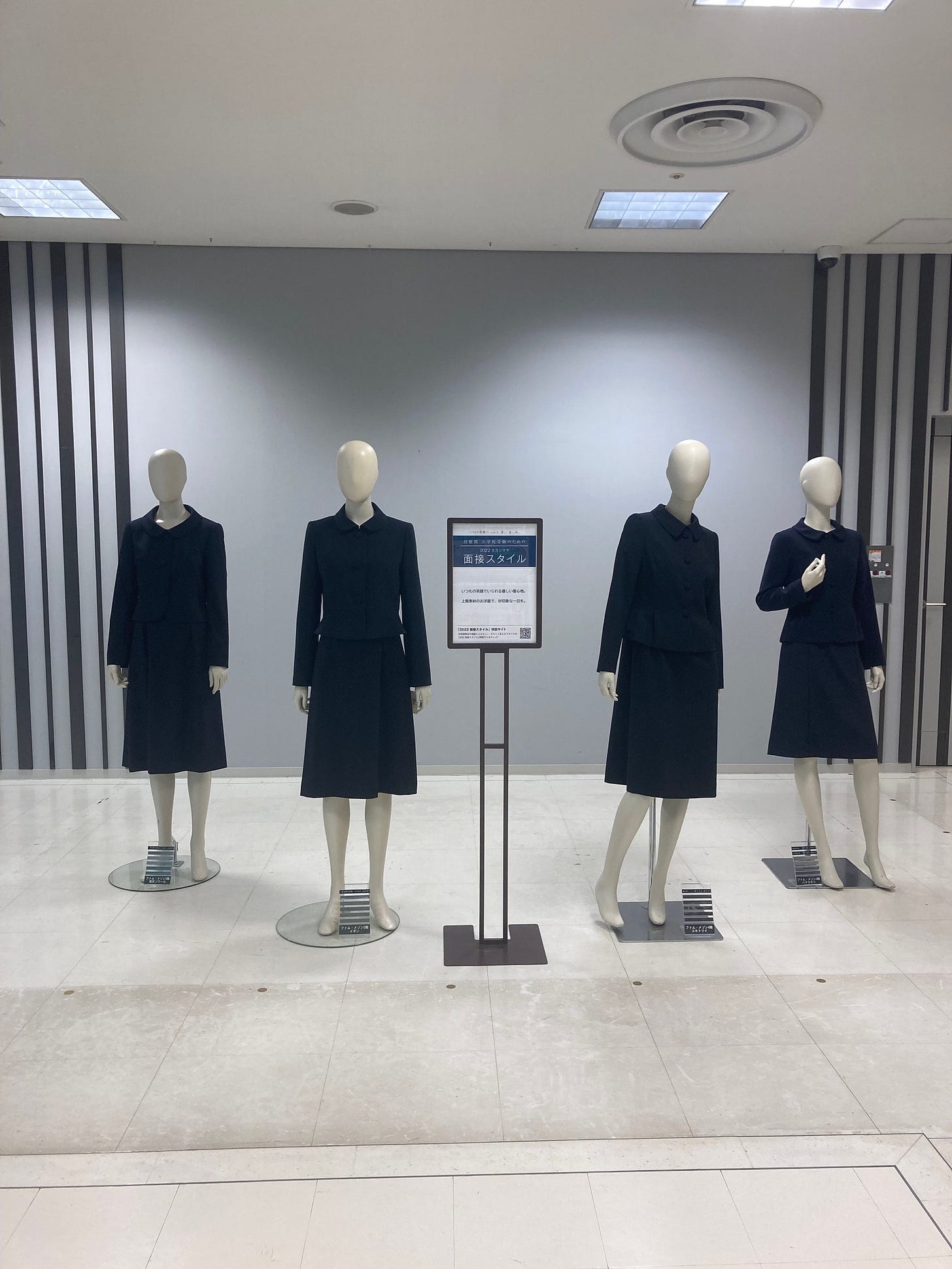
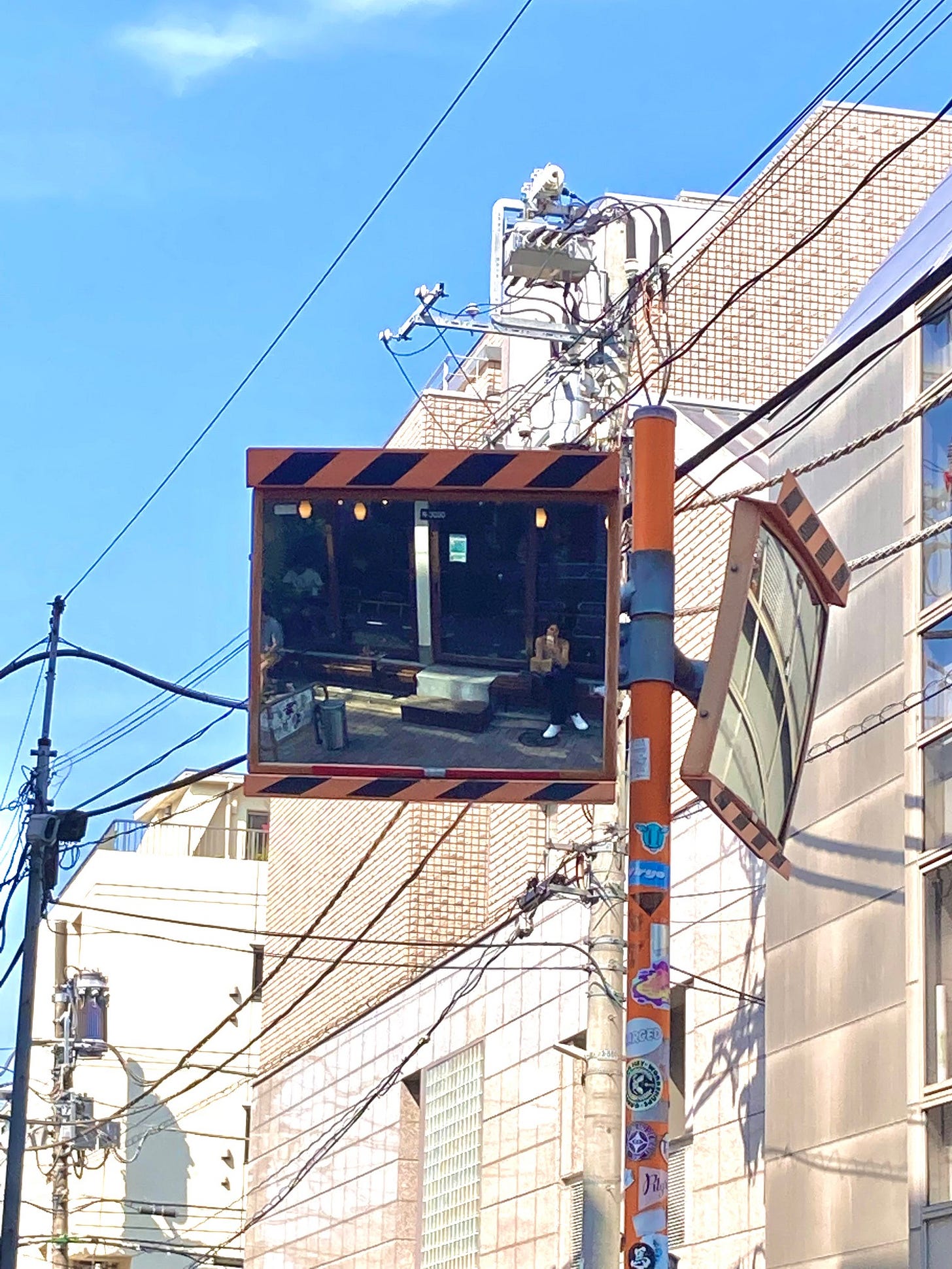
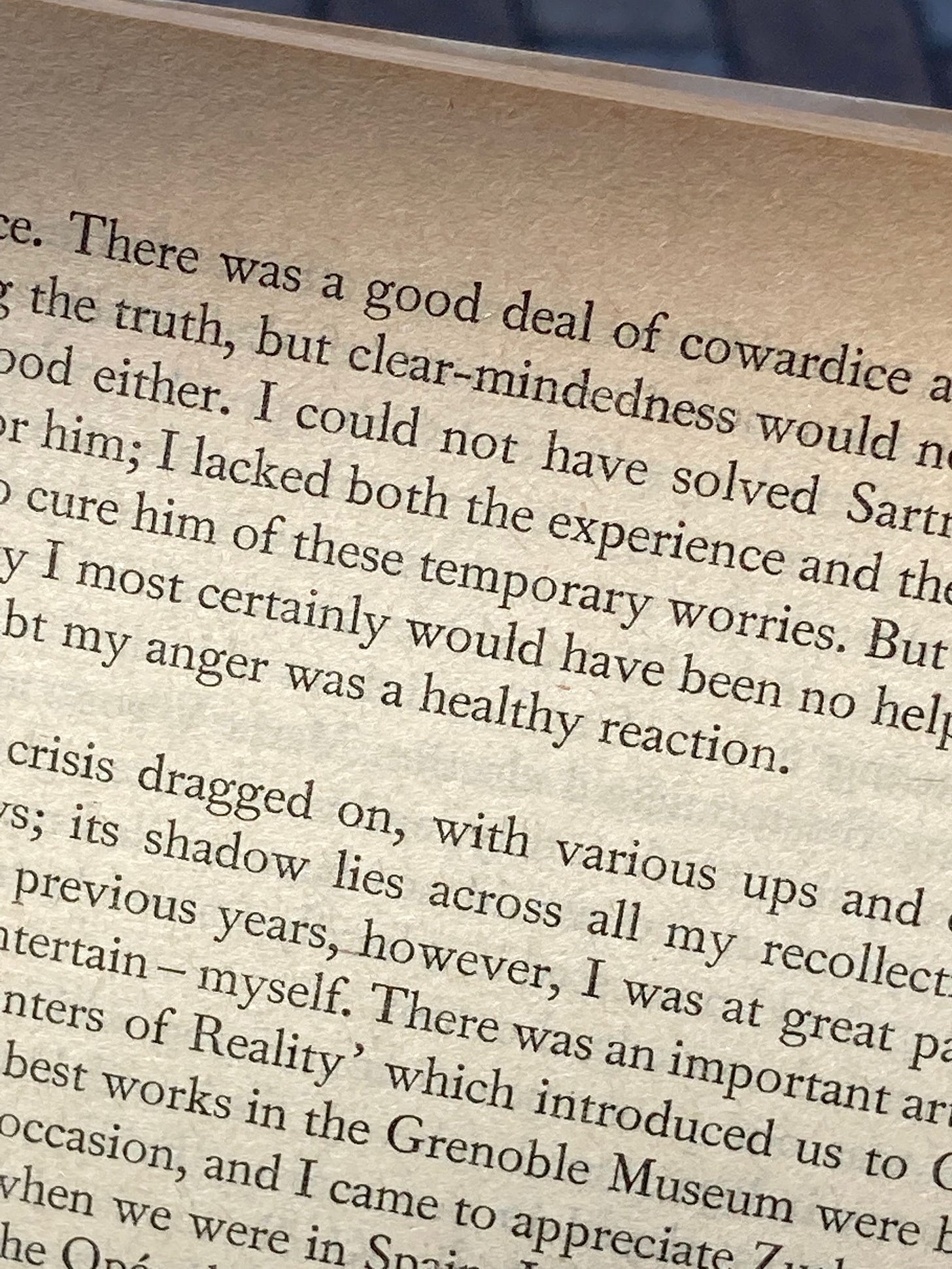
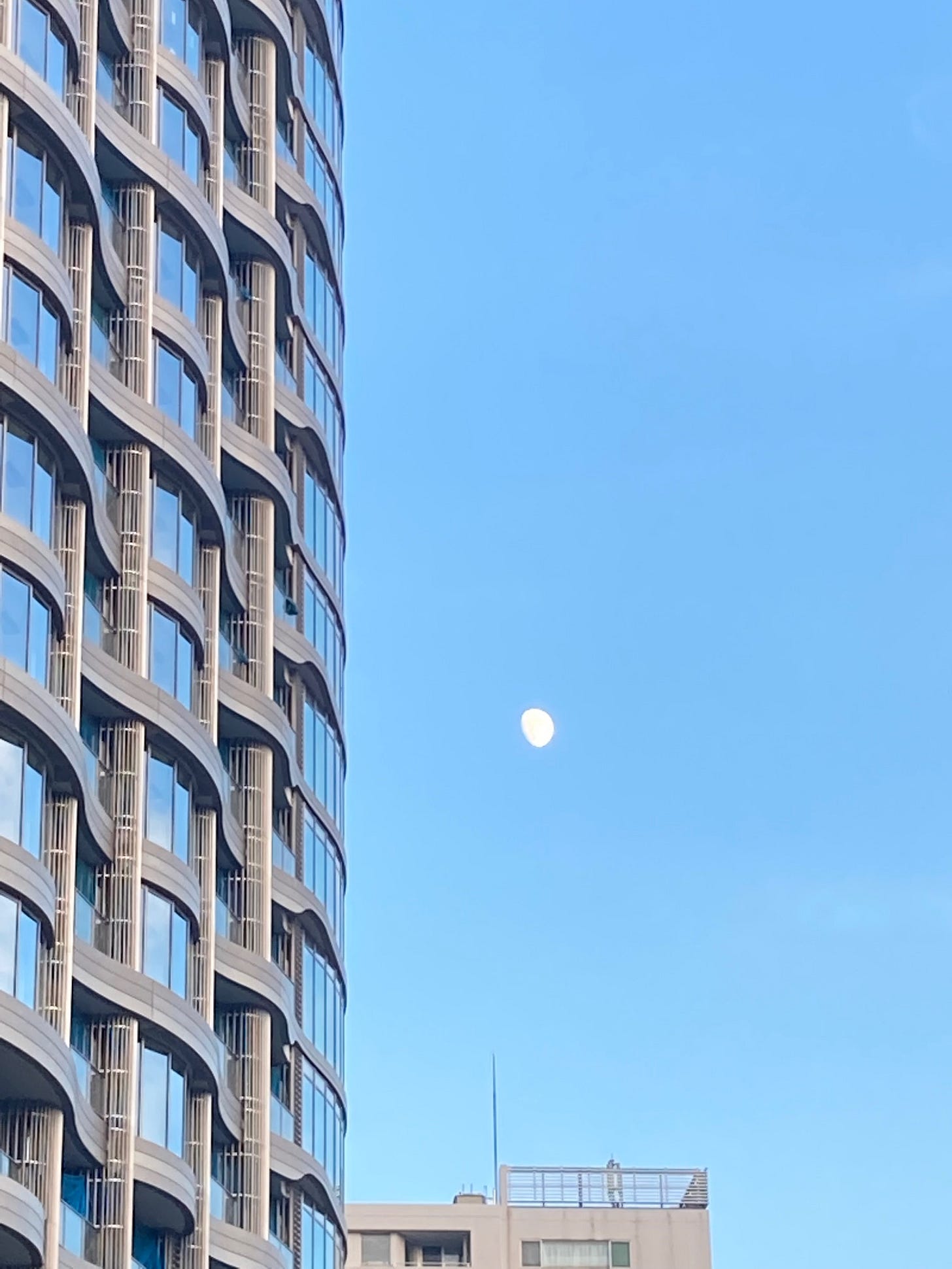
So many ways to see/consider the wind and all it represents.As always, a brilliant job of combining them all. As you can imagine, I especially loved the first about your grandmother's house. I was never inside, but you drew such a beautiful picture of how it held you.